The Commonwealth of Massachusetts is one of the original 13 states, and why it has the formal name “Commonwealth” instead of “State” goes back to its colonial founding.
When Puritan settlers established the Massachusetts Bay Colony in the 1630s as a self-governing commune centered around religion and education, they considered themselves an autonomous political commonwealth under the English crown rather than a proprietary charter.
The colony governed itself through local elections, town meetings, and an elected General Court that made laws.
This tradition of strong local democracy and autonomy endured even when Massachusetts transitioned into a crown colony and later a royal province up until the American Revolution.
Having already been self-identifying as a “Commonwealth” for nearly two centuries by that point, the post-revolution state constitution maintained the name and self-governing spirit.
Today, the Commonwealth of Massachusetts politically, economically, and culturally remains one of America’s most liberal, educated, innovative, and Democratic-dominated states.
From colonial America’s religious dissidents seeding Ivy League universities to birthing the Industrial Revolution to pioneering universal healthcare, the independent and pioneering “Commonwealth” ethos persists.
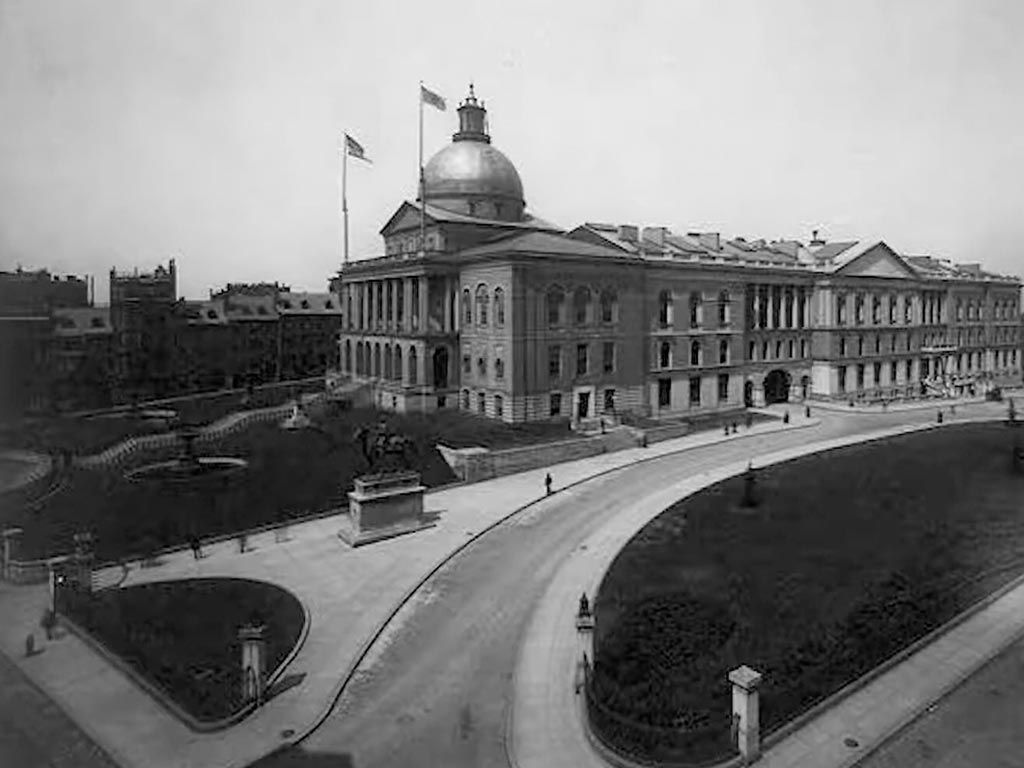
What Is the Commonwealth of Massachusetts?
The Commonwealth of Massachusetts is a state located in the New England region of the northeastern United States.
It is one of the original thirteen colonies that played a significant role in the American Revolution. Massachusetts is known for its historical and cultural contributions to the United States and is often referred to as the “Bay State.”
Here are some key points about the Commonwealth of Massachusetts:
- Capital and Largest City: Boston is Massachusetts’s capital and largest city.
- Founding Year: Massachusetts became a state on February 6, 1788, making it one of the earliest states to join the Union.
- Government: Massachusetts operates as a commonwealth, which is a term used to describe a state in which the government is based on the common consent of the people. The state government is organized into three branches: executive, legislative, and judicial.
- Economy: Massachusetts has a diverse economy with strengths in areas such as education, healthcare, technology, finance, and manufacturing. The state is home to several prestigious universities and research institutions.
- Historical Significance: Massachusetts played a crucial role in the American Revolution, with events like the Boston Tea Party and the Battles of Lexington and Concord taking place in the state. It is also home to Plymouth, where the Mayflower Pilgrims settled in 1620.
- Cultural and Educational Hub: The state is known for its rich cultural heritage, museums, and educational institutions. Harvard University, located in Cambridge, is one of the oldest and most prestigious universities in the world.
- Governor: As of the information provided earlier, Maura Healey is mentioned as the governor..
The Commonwealth of Massachusetts continues to be a key player in various fields, contributing to the economic, cultural, and educational development of the United States.
Commonwealth of Massachusetts: Quick Overview
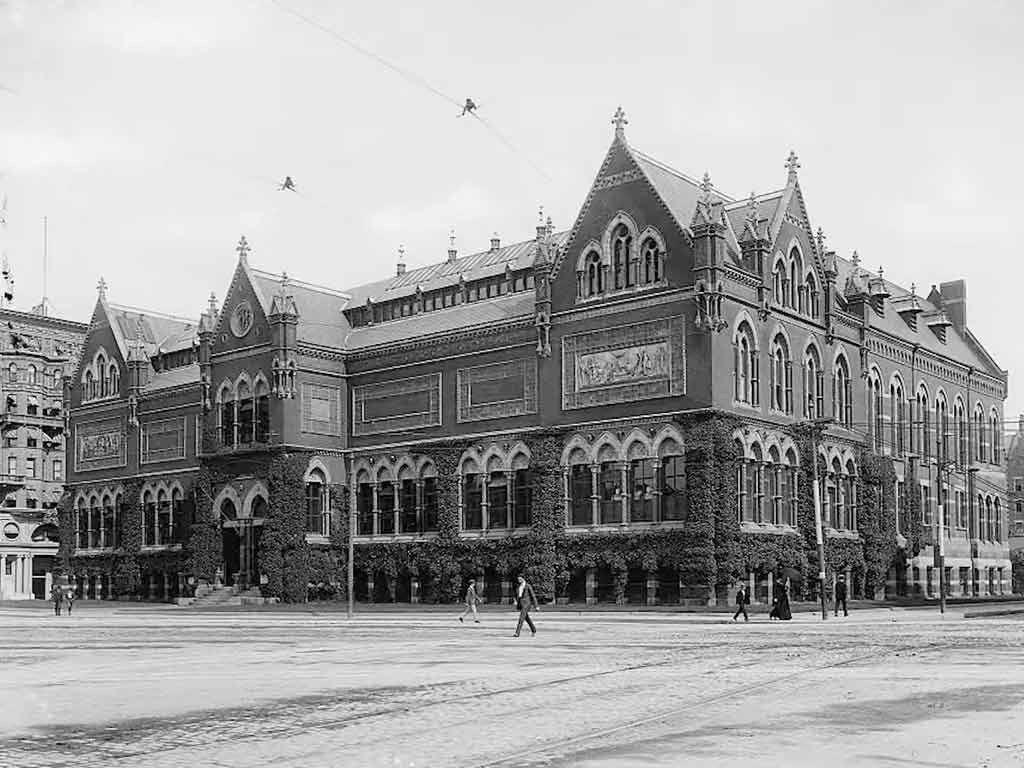
The Commonwealth of Massachusetts is one of the 50 states of the United States of America. It was the sixth state to join the union in 1788 and is one of the original 13 colonies that rebelled against British rule.
Massachusetts is known for its rich history, culture, education, and innovation.
It is home to Harvard University, MIT, and many other prestigious institutions. It is also the birthplace of several famous figures, such as John F. Kennedy, Benjamin Franklin, and Henry David Thoreau.
The following table provides a quick overview of some key facts about the Commonwealth of Massachusetts:
| Attribute | Details |
| Industry | Government Services |
| Founded | 1788 |
| Headquarters | Boston, Massachusetts |
| Country/Territory | United States |
| Governor | Maura Healey |
| Employees | 10,000 |
Historical Roots of the Commonwealth of Massachusetts
The historical roots of the Commonwealth of Massachusetts are deeply intertwined with the early colonial history of the United States. Here are key historical roots and events that shaped Massachusetts:
Settlement by Puritans
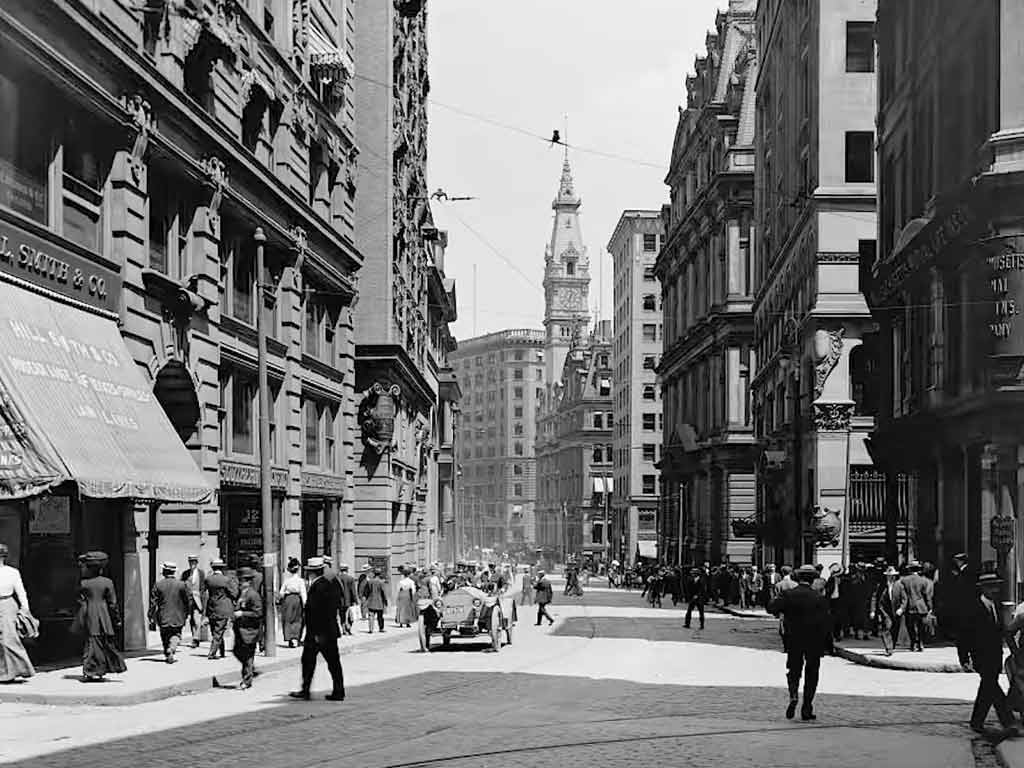
Massachusetts was first settled by Puritans seeking religious freedom starting in 1620 with the founding of Plymouth Colony and in 1630 with the founding of the Massachusetts Bay Colony.
Early settlers like the Pilgrims and Puritans left an enduring mark on the culture and society of Massachusetts.
Revolutionary Spirit
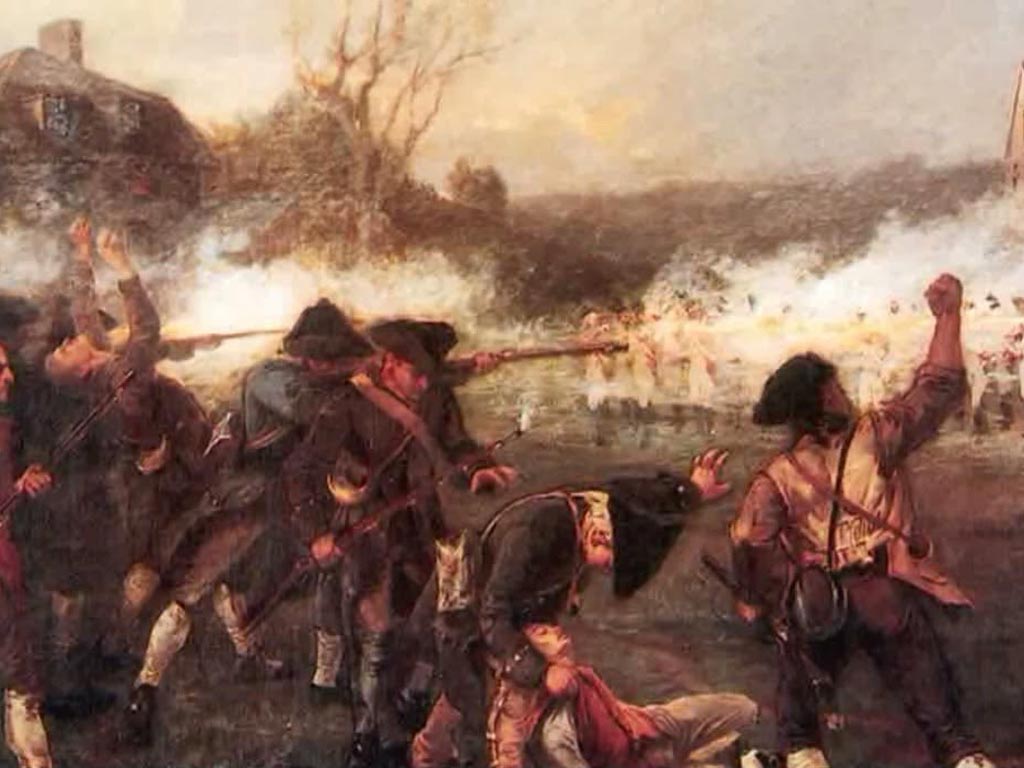
Massachusetts played a pivotal role in sparking the American Revolution.
Events like the Boston Massacre and Boston Tea Party took place there, fueled by revolutionary leaders like Samuel Adams and John Hancock. Massachusetts also saw early revolutionary battles at Lexington and Concord.
Industrialization and Innovation
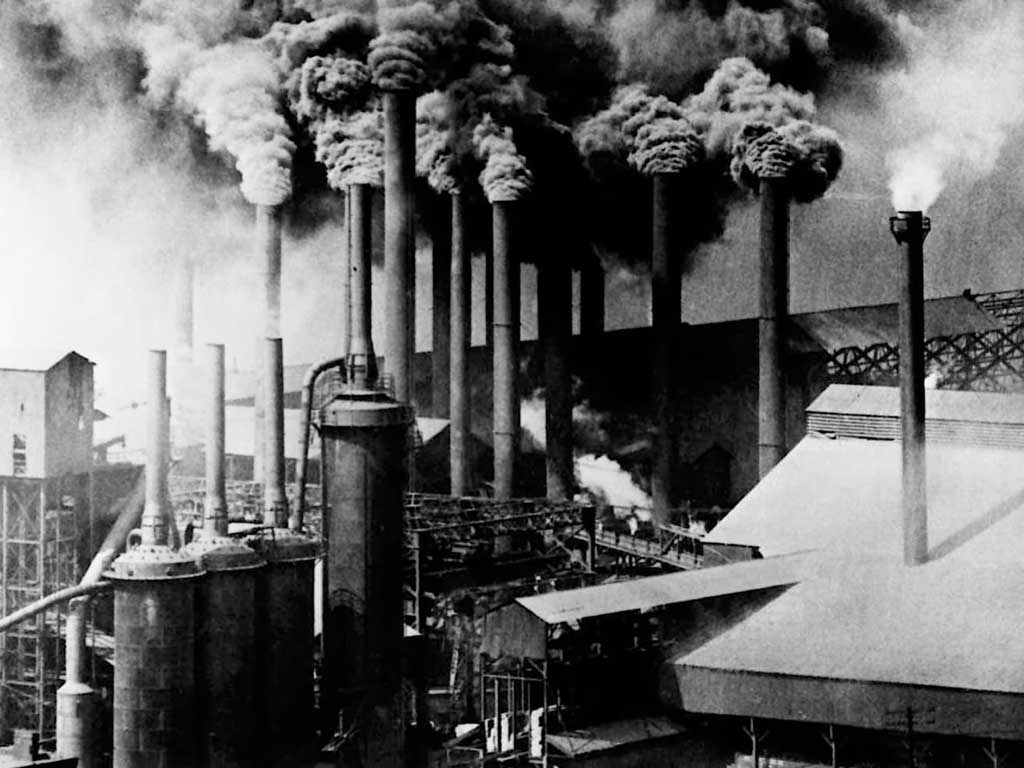
In the 19th century, Massachusetts became a center of industry, innovation, and immigration. Textile mills, shoe factories, and other industries drove rapid economic growth.
The state also became renowned for technological innovation and higher education with institutions like MIT and Harvard.
Abolitionist Movement
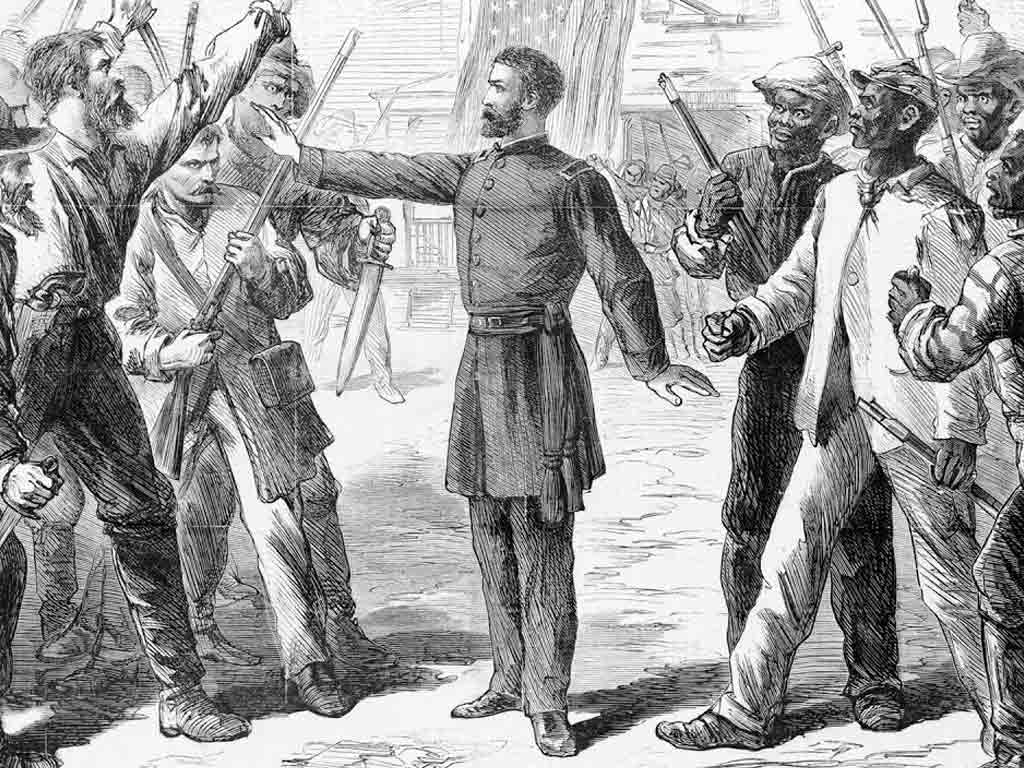
Massachusetts was at the forefront of the abolitionist movement against slavery in the 1800s.
It was home to fiery abolitionist leaders like William Lloyd Garrison as well as formerly enslaved people like Frederick Douglass who electrified the movement.
Kennedy Political Dynasty
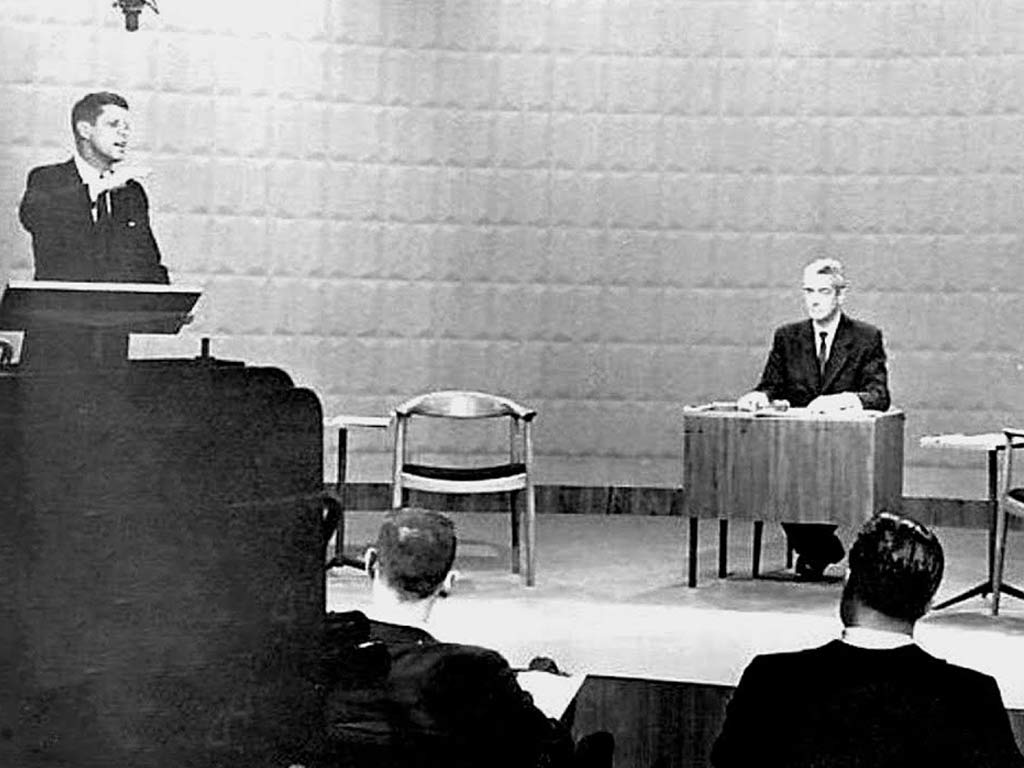
The election of John F. Kennedy as president in 1960 helped establish Massachusetts as the home state of one of America’s preeminent political dynasties, the Kennedys, a legacy that continues to modern times.
Abolitionist Movement
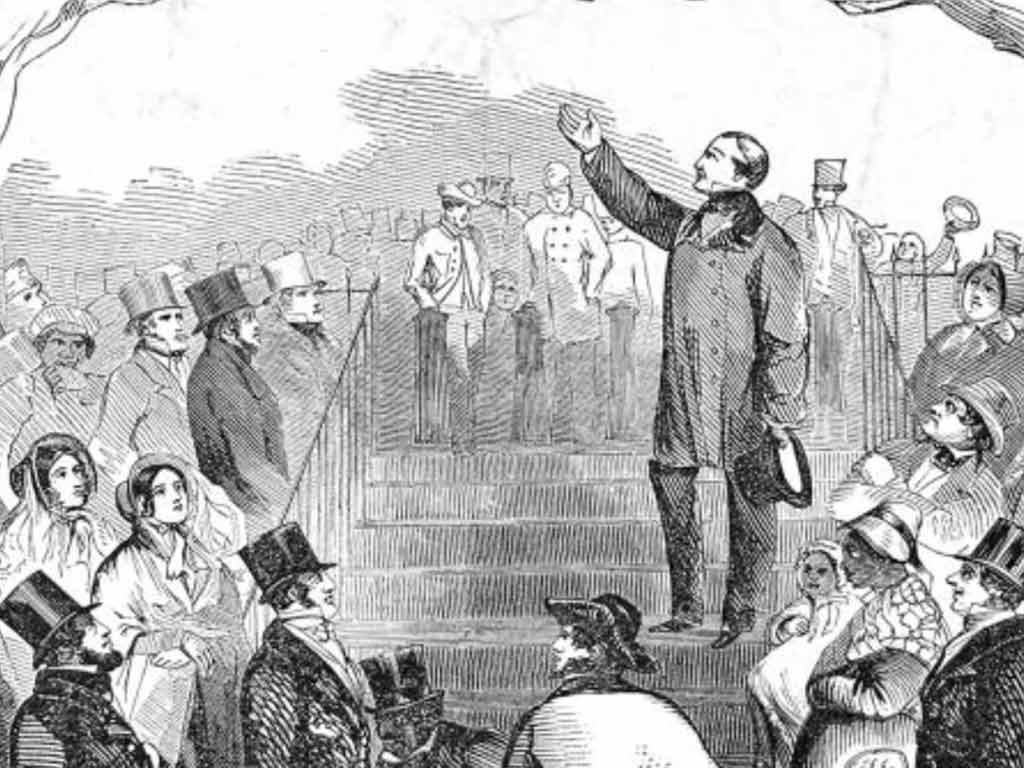
Massachusetts had a strong abolitionist movement in the 19th century, with prominent figures like William Lloyd Garrison and Frederick Douglass advocating for the end of slavery.
The state played a key role in the Underground Railroad.
Educational Legacy
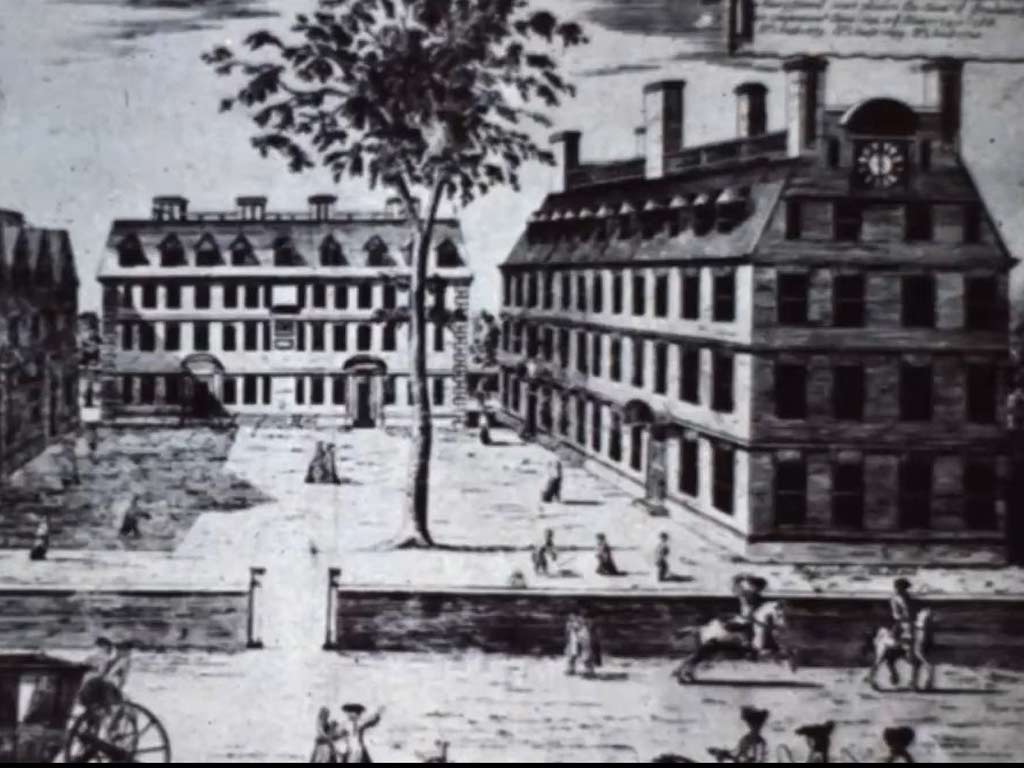
Massachusetts has a rich educational legacy. Harvard University, founded in 1636, is one of the oldest universities in the United States. The state continued to be a hub for education and intellectual pursuits.
Massachusetts history has been profoundly shaped by Puritan settlers, revolutionary tumult, industrialization, innovation, social movements, and political leaders that have left a distinct mark on state and national development over four centuries.
Why is Massachusetts a Commonwealth?
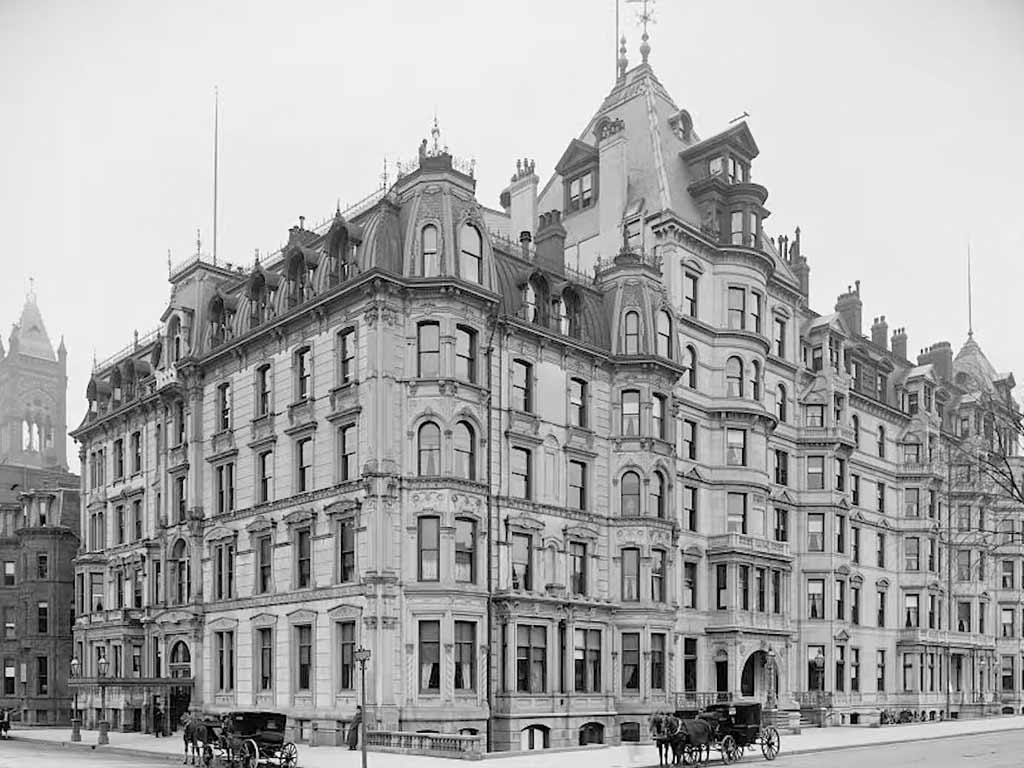
Massachusetts is officially designated as a “Commonwealth” rather than a “State.” The use of the term “Commonwealth” in this context does not imply any significant legal or structural difference from states that use the term “State.”
Instead, it is a historical and traditional designation. The full name of the state is the “Commonwealth of Massachusetts.”
Massachusetts is officially a Commonwealth rather than a State for historical reasons tracing back to the colonial era:
- When Massachusetts was founded in the early 1600s, the original colonies like Virginia and Massachusetts were considered commonwealths or self-governing political entities under the British Crown as opposed to private proprietary colonies.
- This designation distinguished the more populous, locally self-governing Puritan colonies in New England from colonies like Maryland that had proprietors granting land and governing by decree.
- The term “commonwealth” reflected the principle of common ownership of property for common benefit and local self-rule. The Puritan settlers granted themselves provisions like self-taxation and electing a governor.
- When the Massachusetts Bay Company charter was revoked in 1684, Massachusetts continued to be referred to as a commonwealth upon becoming a crown colony.
- After the American Revolution, the newly independent state maintained the official name “Commonwealth of Massachusetts” in its 1780 constitution out of tradition tracing back to its colonial commonwealth status.
- Today, the terms “state” and “commonwealth” are essentially equivalent, but Massachusetts along with Pennsylvania, Kentucky, and Virginia continue using the traditional designation.
So in essence, Massachusetts is called a Commonwealth rather than a State because it started that way as a Puritan commonwealth in colonial America with a tradition of local autonomy.
The original name stuck even after independence from Britain.
Contemporary Governance and Politics Under the Commonwealth of Massachusetts
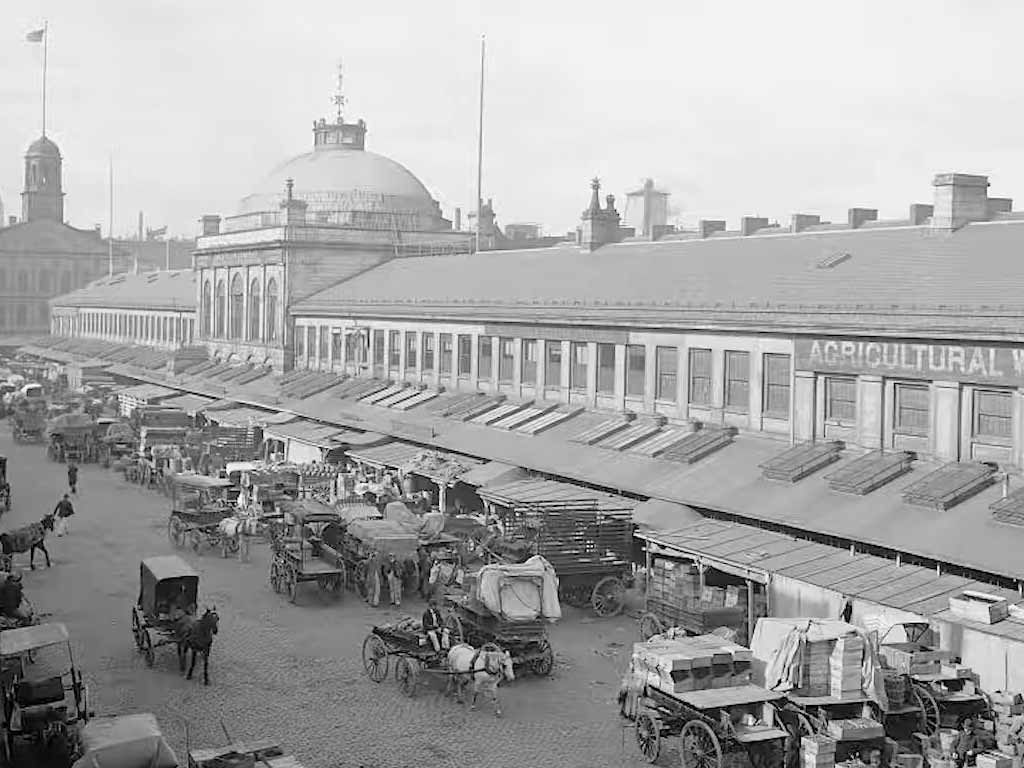
Here is an overview of contemporary governance and politics under the Commonwealth of Massachusetts:
Governor and Executive Branch
The Commonwealth of Massachusetts operates under a democratic system with a governor as the head of the executive branch. Maura Healey serves as the governor, leading the state’s administration and overseeing various government agencies.
Legislative Structure
The Massachusetts Legislature consists of a bicameral system, comprising the House of Representatives and the Senate. These chambers work together to propose, debate, and pass legislation that affects the state’s policies and laws.
Judicial System
The state’s judiciary is independent and functions to interpret and apply laws. The Massachusetts Supreme Judicial Court is the highest appellate court in the state, providing legal interpretations that impact the broader legal landscape.
Democratic Principles
Massachusetts upholds democratic principles, including regular elections and citizen participation. The state’s political landscape is characterized by a diverse array of political ideologies and party affiliations.
Progressive Policies
Known for its progressive stance on various social and environmental issues, Massachusetts has implemented policies promoting healthcare, education, LGBTQ+ rights, and environmental sustainability.
Economic Focus
The state maintains a strong focus on a diverse and thriving economy. Key sectors include technology, healthcare, finance, and education. Public-private partnerships and innovation initiatives contribute to economic growth.
Education and Research
Massachusetts is renowned for its world-class educational institutions and research centers. Harvard University, MIT, and other prestigious schools contribute to the state’s intellectual capital and foster innovation.
Healthcare Initiatives
The Commonwealth has been a pioneer in healthcare reform, including the implementation of universal healthcare coverage. Policies aim to ensure access to quality healthcare services for residents, reflecting a commitment to public welfare.
Contemporary Massachusetts governance combines traditional political structures shaped by an overwhelmingly Democratic electorate, influential industries, and high levels of civic engagement around often liberal positions on economic and societal issues.
FAQs
Why is Massachusetts officially called a Commonwealth?
It’s called a Commonwealth rather than a State due to its history as a self-governing Puritan settlement in colonial America with traditions of local autonomy that persisted after independence.
What are some major universities in Massachusetts?
Prominent universities include Harvard, MIT, Boston University, Tufts, Brandeis, Boston College, Northeastern, Worcester Polytechnic Institute and University of Massachusetts system.
What industries contribute significantly to Massachusetts’ economy?
Key industries driving economic growth include technology, financial services, healthcare and biopharmaceuticals, higher education, and defense contracting.
Where did the Massachusetts accent originate from?
Linguists theorize the distinctive non-rhotic New England accent of Massachusetts first emerged from colonial-era East Anglia settlers’ speech patterns.
What unique political traditions has Massachusetts pioneered?
Pioneering firsts include the oldest functioning written constitution, legalizing same-sex marriage, universal healthcare law, the Kennedy political dynasty, and historically progressive stances.
Wrapping Up
Over four centuries, Massachusetts has cultivated a unique identity and socio-political culture, starting as a self-ruled Puritan commonwealth.
Its revolutionary spirit kindled the American independence movement. Visionaries built academic bastions like Harvard and MIT that drove innovation.
Massive industries urbanized cities, while immigrant influxes continually rejuvenated them.
Today, that DNA persists in everything defining global Boston – the intellectually vibrant campuses, the relentless tech entrepreneur, the neighborhood pubs where pols mingle with workers, and even the gruff accents echoing colonial speech.
While local politics remains fiercely progressive, deal-making pragmatism governs to keep powering a prosperous, educated, Democratic-leaning electorate, who wouldn’t have their Commonwealth any other way.
Jaclyn Lowe